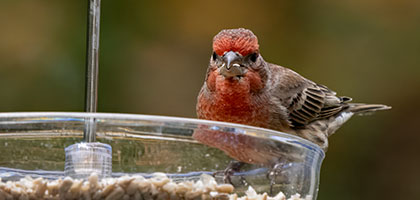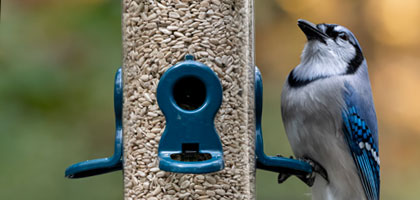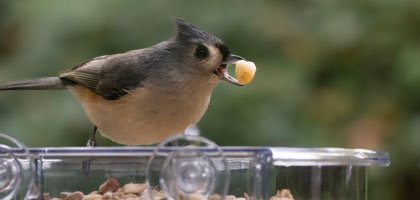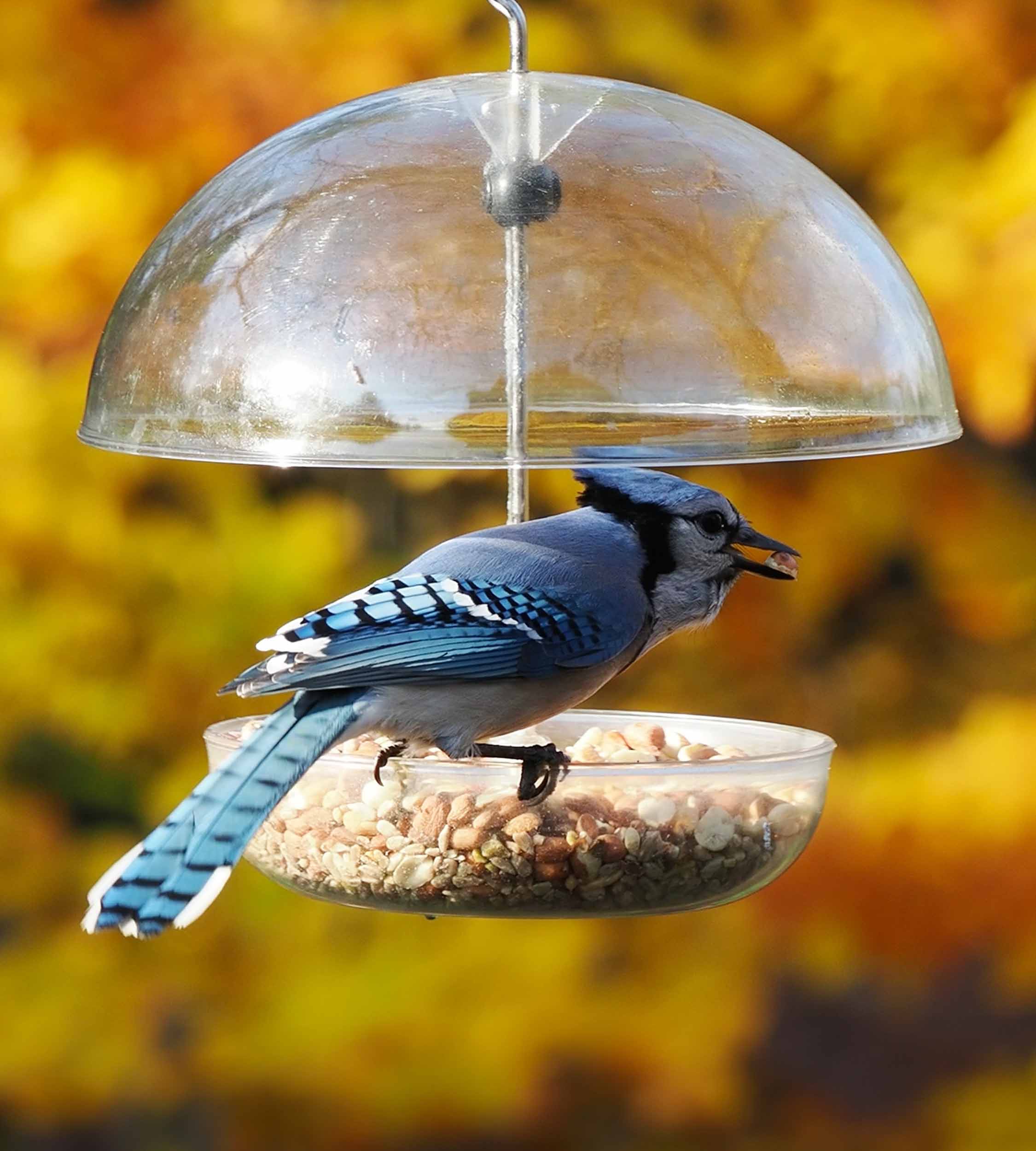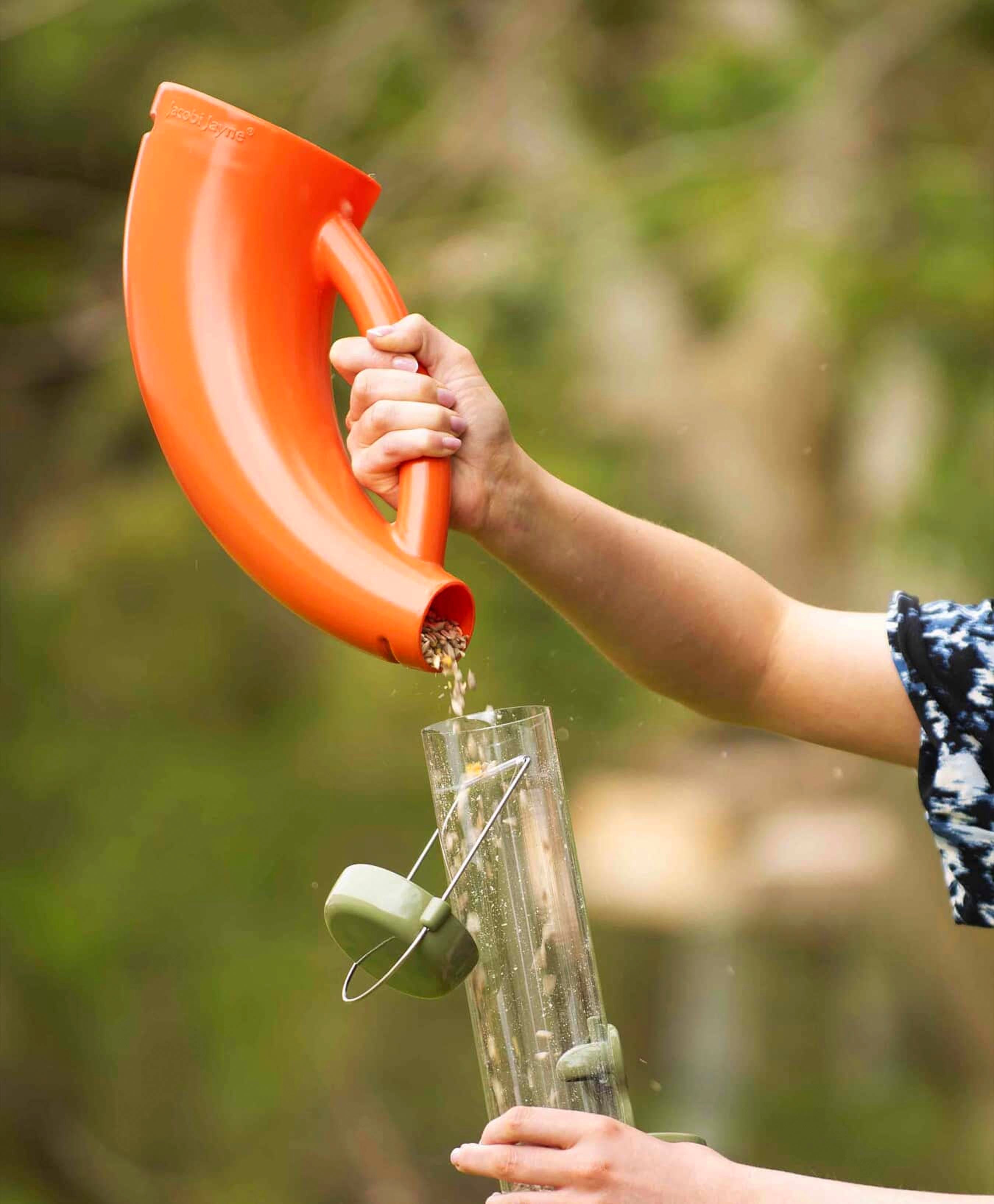Feeding ducks can be a delightful experience. It's a chance to connect with nature and observe these charming creatures up close.
But what should you feed them? Can you give them bird seed?
This is a common question among bird enthusiasts and duck caretakers. The answer is not as straightforward as you might think.
Bird seed can be part of a duck's diet, but it shouldn't be the only food they consume. Ducks have specific dietary needs that bird seed alone can't fulfill.
In this guide, we'll delve into the best duck food options and provide tips for responsible feeding. We'll also explore the impact of feeding ducks on local ecosystems.
Whether you're a wildlife observer or just someone who enjoys feeding ducks at the local park, this guide will help you do so in a way that benefits the ducks and their environment.
Understanding Ducks' Dietary Needs
Ducks are omnivores with diverse diets. In the wild, they consume aquatic plants, small fish, insects, and grains. These foods provide essential nutrients needed for their growth and health.
A balanced diet is crucial for ducks to maintain strong immune systems and energy levels. Grains and seeds can be part of their diet, but they also require proteins and vitamins that seeds may lack. Understanding their dietary needs helps ensure they receive a well-rounded and nutritious meal. This knowledge is key to feeding them responsibly and supporting their natural behaviors and health.
The Truth About Bird Seed and Ducks
Bird seed might seem like an easy choice for feeding ducks, but it’s not ideal. While ducks can eat certain seeds, they don’t provide complete nutrition. These seeds are often formulated for other bird species with different dietary needs.
Ducks require a balanced diet that includes proteins, fibers, and vitamins. Bird seed mixtures might not offer these essential nutrients, leading to potential deficiencies. Relying too heavily on bird seed can affect their health and growth negatively.
Common ingredients in bird seed include:
- Sunflower seeds: Safe for ducks but should be limited.
- Millet: Edible but lacks necessary proteins.
- Corn: Provides energy, but not complete nutrition.
- Safflower seeds: Often ignored by ducks.
- Peanuts: Safe if crushed and unsalted, but should not replace other essential foods.
Knowing these differences highlights the importance of choosing appropriate foods for ducks. It's crucial to prioritize their overall health and welfare by selecting suitable options beyond bird seeds.
Best Duck Food for a Healthy Diet
Feeding ducks with the right foods ensures they get the nutrients they need. A varied diet supports their health and vitality. Ducks naturally forage and eat a mix of items, so offering them similar choices is ideal.
Recommended foods for ducks provide necessary proteins, vitamins, and minerals. These foods help maintain their overall health and mimic what they might eat in the wild. It's essential to focus on options that are both nutritious and safe.
Here’s a list of foods suitable for ducks:
- Whole grains: Like oats, wheat, and corn.
- Vegetables: Chopped leafy greens and peas.
- Commercial duck pellets: Specially formulated for their dietary needs.
- Mealworms: Provide a protein boost.
- Crushed nuts: Unsalted and given in moderation.
- Fresh fruit: Such as grapes and apples, cut into small pieces.
By feeding ducks these recommended options, you ensure a balanced and healthy diet. Proper nutrition supports their growth and well-being, enhancing their natural behaviors and overall vitality.
Foods to Avoid When Feeding Ducks
While it can be tempting to share certain foods with ducks, some can harm them. Ducks have specific dietary requirements, and certain common foods can disrupt their health. Avoiding these items is crucial to prevent negative impacts on their well-being.
Many foods lack necessary nutrients or pose direct health risks to ducks. Some even cause long-term damage, affecting their ability to feed naturally. Awareness of these foods supports healthy feeding habits and protects duck populations.
Here's a list of foods that should not be given to ducks:
- Bread: Offers little nutritional value and leads to malnutrition.
- Sugary foods: Like candy or pastries, which can cause health issues.
- Salted snacks: Such as pretzels or chips, which contain harmful sodium levels.
- Avocado: Contains toxins harmful to birds.
- Raw onions and garlic: Can cause digestive problems.
- Spoiled or moldy food: Poses a risk of poisoning.
By avoiding these foods, you help maintain the natural health and diet of ducks, ensuring they remain active and thriving in their habitats.
Feeding Ducks Responsibly: Guidelines and Tips
Feeding ducks responsibly involves more than offering them any available food. It requires understanding their needs and protecting their natural behavior. Responsible feeding helps prevent potential health and environmental issues associated with improper feeding.
Following specific guidelines ensures that ducks remain healthy and maintain their natural diet. This approach reduces the risk of overcrowding and disease spread in duck populations. Observing proper feeding practices supports ducks' well-being and conserves their environment.
Here are some best practices for feeding ducks:
- Use appropriate food: Feed ducks grains, vegetables, or commercial duck pellets.
- Avoid overfeeding: Offer food in moderation to avoid dependence.
- Feed at a distance: Encourage ducks to forage naturally, limiting direct human interaction.
- Keep feeding areas clean: Prevent disease by cleaning up leftover food.
- Provide access to water: Ensure they can drink and aid digestion.
- Respect local regulations: Check rules about feeding in public areas.
By following these tips, you nurture ducks and protect their habitats, allowing them to flourish.
Alternatives to Bird Seed: Duck-Friendly Treats
While bird seed isn't ideal for ducks, plenty of healthy treats are available. Offering variety helps ensure ducks receive the nutrients they need. These treats can be found easily and are safe for ducks.
Consider these duck-friendly options for a balanced diet:
- Fresh vegetables: lettuce, peas, and corn
- Fresh fruit: grapes, apples, and berries
- Grains: oats or barley
- Mealworms: a protein-rich snack
- Sunflower hearts: in moderation
- Nuts: unsalted and crushed
By offering these alternatives, you contribute to the ducks' health and dietary enrichment, aligning with proper feeding guidelines. With these treats, you can enjoy feeding ducks while knowing you're helping them thrive.
The Impact of Feeding Ducks on Local Ecosystems
Feeding ducks affects both ducks and their environment. Overfeeding or wrong food can cause ecosystem imbalances. Ducks may become dependent on humans and overlook their natural foraging behaviors.
This dependency can lead to overcrowding, increasing the risk of disease spread among duck populations. Additionally, excess food can pollute local water bodies, affecting water quality and other aquatic life. By feeding ducks responsibly, you help maintain the delicate balance within their habitats. Responsible feeding practices are crucial for protecting both ducks and their environments for the long term.
Creating a Duck-Friendly Environment Without Direct Feeding
You can support ducks by enhancing their natural habitat instead of feeding them directly. Plant native vegetation around water bodies to provide natural food and shelter. This encourages ducks to forage as they would in the wild, promoting their health.
Maintain clean and safe environments where ducks reside. Ensure ponds and streams are free from pollution and debris. By preserving their natural spaces, you allow ducks to live and thrive independently. Observing ducks in their natural habitat offers enjoyment without risking their health and the balance of the ecosystem. Protecting duck environments can create lasting benefits.
Conclusion: Balancing Enjoyment with Duck Welfare
Feeding ducks can be a joyful experience when done responsibly. Prioritize their health by offering nutritious food sparingly and understanding their dietary needs. By encouraging natural foraging and respecting ecosystems, you can enjoy duck interactions while ensuring their welfare and the environment's well-being are protected.
